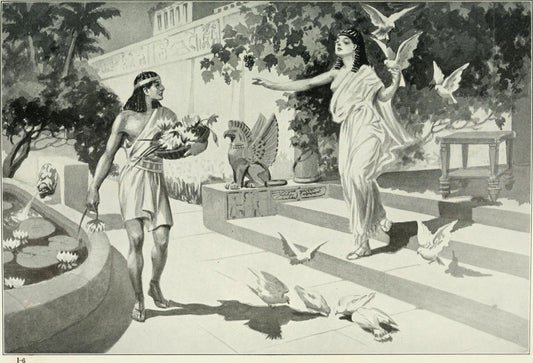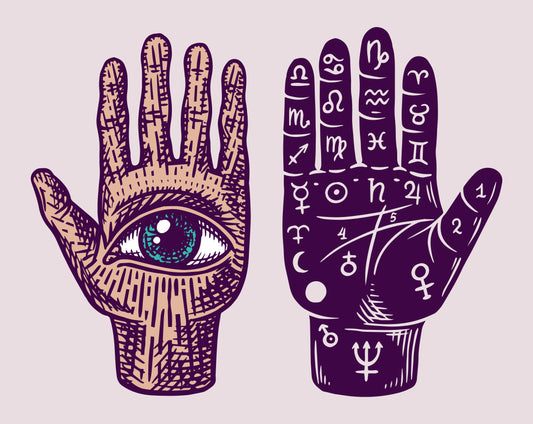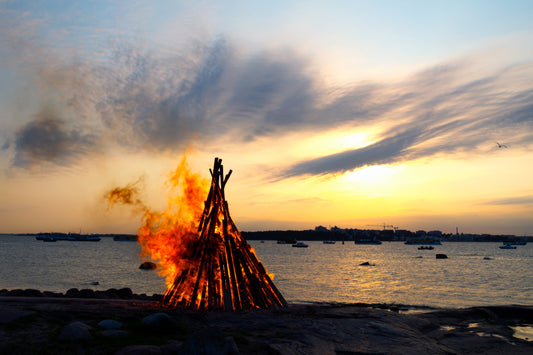As spooky season beholds us, you may be preparing for the peak of the season: Halloween. One of our favorite holidays, Halloween is celebrated with pumpkins, spiderwebs, ghosts, and skeletons each year just as the weather turns cold. We get dressed up in scary costumes on the 31st of October and collect candy from our neighbors in a "trick-or-treat" ritual.
But why?
Where does Halloween come from?
They say Halloween originates from a Celtic festival called Samhain. Celtic people long ago (2000+ years) would wear costumes and light a bonfire to ward off ghosts. October 31st marked the transition from summer and a time of harvest, to wintertime, which was associated with death. The Celts believed October 31st muddled the boundaries between the dead and the living, and on this night ghosts roamed the Earth.

Ghosts, they thought, destroyed crops and caused all kinds of mischief. They also thought this evening of the dead allowed for fortune telling from the Druids, and prophecies were often born on this night. The Druids build sacred bonfires as part of a ritual. People gathered together, burning crops and animals in sacrifice to the gods. They wore costumes made of dead animals and predicted future events.
In the 8th century, November 1st was designated as All Saints Day, a time to honor saints. Before long, these two holidays melted together, sharing aspects of each. The holiday became All Hallows Eve, and eventually our beloved Halloween.
When did Halloween come to the United States?
During colonial times, Halloween was very popular in the southern colonies, but New England adopted a rigid set of Protestant beliefs and thus did not celebrate as often. Eventually the customs of a Halloween originating in Europe mixed with Native American traditions and European ethnic groups, and the holiday became something distinct to the US, an event where ghost stories were told and mischief ran rampant.

Halloween was not saturated throughout the country until the 1800's, when immigrants flooded in during the Irish Potato Famine and spread the Halloween celebrations.
How did Halloween turn into what it is today?
Eventually people started "trick-or-treating," going house to house asking for food or money. Near the end fo the 19th century, Americans wanted Halloween to center more around a sense of community so an eruption of parties began. Families were encouraged to lose the grotesque aspects of Halloween, and each decade the celebrations became more kid-focused and fun, and less about the dead.
Halloween Witchcraft
While Halloween today has morphed into a fun holiday filled with candy and costumes, and kids galore, many modern-day Wiccans and witches still view October 31st as a night where the veil between us and the dead is the thinnest. Psychic energy is believed to be incredibly strong on this night, and rituals of dance, song, and meditation is very popular for the witchy community.
It is believed because the dead are so close on this night, they are likely to visit and provide guidance. Some celebrators of Halloween and Samhain open a path to the other side with use of candles, chalk, sacrificial food and fruits, chants, and meditation to honor the dead and help them pass through the afterlife peacefully.

Practice some Halloween witchcraft by honoring the dead, leaning into your psychic energy with tarot or palm reading, and laying out your wishes for the colder months.




